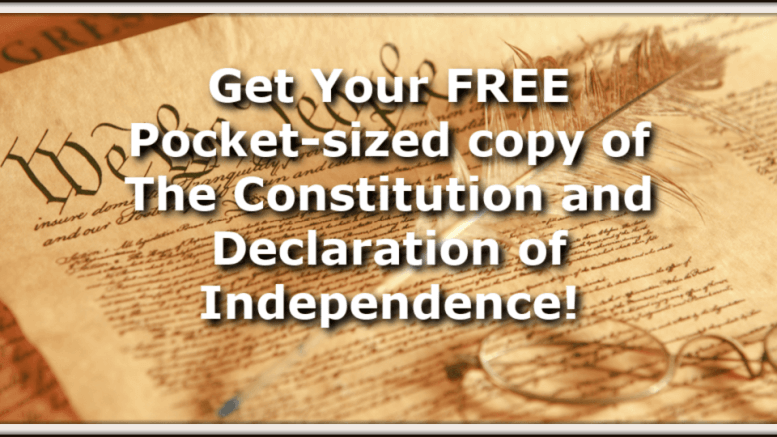This content elaborates on the importance of representative government, the necessity of a constitution, and how these principles, rooted in the consent of the governed, continue to be crucial for the relevance of the U.S. Constitution in contemporary society. See previous articles on the Constitution.
The American Founders believed that the principles of the Declaration and the Constitution were not simply preferences for their own day, but were truths that the sovereign and moral people of America could always rely on as guides in their pursuit of happiness. This course considers the principles of the American Founding—which are described most famously and concisely in the Declaration of Independence—as well as key features of American government based on those principles. Led by Hillsdale College President Larry P. Arnn, the course also examines the major challenges posed by Progressivism to American constitutionalism.
Watch the full course: https://online.hillsdale.edu/landing/…
Get Your FREE Pocket-sized copy of The Constitution and Declaration of Independence!
Click Here to get yours Today (Hillsdale Constitution Minute)
The Relevance of the U.S. Constitution in Today’s Society
Representative Government and Consent
The essence of a representative government lies in its foundation on the consent of the governed. This fundamental principle was clearly articulated in the Declaration of Independence when the Founders condemned the King for suspending the legislature and refusing to allow elections for new representatives. Consent from the people legitimizes representation, ensuring that the government’s authority derives from the governed. This concept is pivotal in limiting government power, as it implies that the government can only act within the bounds set by the people’s consent.
Government as a Monopoly
Government, by its nature, holds a monopoly on force. This monopoly necessitates a system where the governed have a say in how they are ruled, contrasting sharply with monarchic principles where a king claims inherent right to rule. In the American context, the government’s power is contingent upon the ongoing consent of the people, fundamentally altering the nature of governance from a divinely ordained monarchy to a republic founded on the will of its citizens.
Establishing the American Government
The establishment of the American government began with the Declaration of Independence, signaling a break from British rule. However, declaring independence was just the first step. To maintain a functioning and fair government, the Founders recognized the necessity of a Constitution. This Constitution serves as a framework for continually expressing and renewing the people’s consent. Unlike totalitarian regimes, such as Hitler’s, which operated under the dictator’s will, a constitutional government requires a formal process to determine and execute the collective will of its people.
The Need for a Constitution
The Constitution is distinct from ordinary laws; it prescribes the process by which laws are made, ensuring that governance remains rooted in the consent of the governed. This separation of powers and checks and balances ensures that no single entity or individual can wield unchecked power. By spreading decision-making both over space (through representation) and time (through enduring principles), the Constitution ensures a stable yet adaptable government.
Representation and Consent
Representative government, underpinned by a constitution, requires a society that is separate from the government yet large enough to oversee and control its power. This dynamic balances the inherent power of the government with the fundamental rights and freedoms of the people. Representation allows for a more extensive and inclusive participation in governance, ensuring that diverse voices contribute to the decision-making process.
Conclusion
The U.S. Constitution remains relevant today because it embodies principles that safeguard democracy and individual freedoms. By ensuring that the government derives its power from the consent of the governed and by establishing a framework for fair and representative governance, the Constitution continues to serve as a cornerstone of American society. Its enduring relevance lies in its ability to balance governmental power with the rights of the people, ensuring a government that is by the people and for the people.
—
This content elaborates on the importance of representative government, the necessity of a constitution, and how these principles, rooted in the consent of the governed, continue to be crucial for the relevance of the U.S. Constitution in contemporary society.
See previous articles on the Constitution
The author generated this text in part with GPT-4.0, OpenAI’s large-scale language-generation model. Upon generating draft language, the author reviewed, edited, and revised the language to their own liking and takes ultimate responsibility for the content of this publication.





